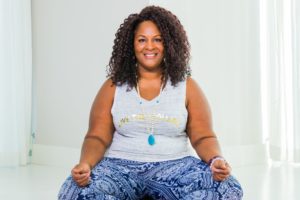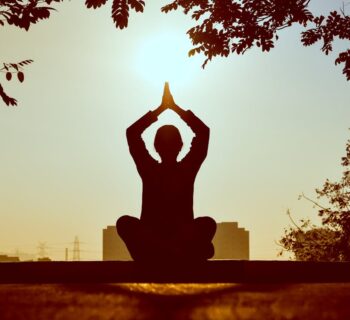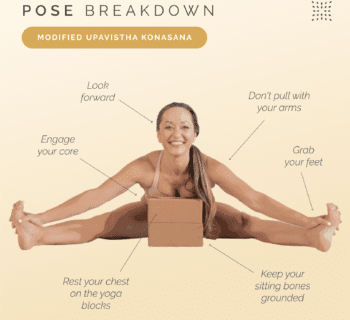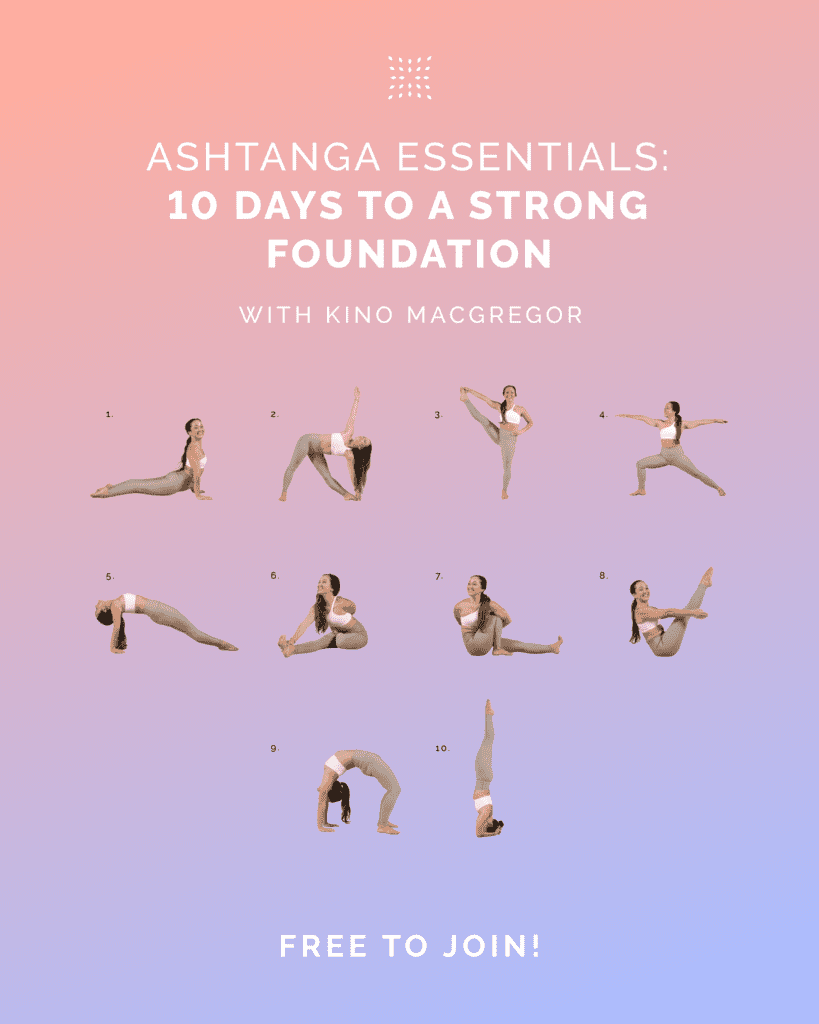Why Commenting on People’s Bodies Needs to Stop. How often do you find yourself commenting on your friend’s appearance? Why is it that our go-to compliment is, “Wow – you look great” even before we connect over the changes or news in our lives? Why is it that we praise one another for losing weight, even if that weight loss was due to a traumatic event or a health crisis?
Why do we feel the need to comment on each other’s bodies at all? As if it’s not enough to be bombarded by messages from the media reminding us of how we are supposed to look. Society has done a great job of conditioning us to size each other up.
Former fitness guru and celebrity trainer Jillian Michaels was recently asked to comment on the body-positive movement, and how it relates to stars like Lizzo, who openly celebrate a body that has traditionally been deemed unhealthy. Unsurprisingly, Ms Michaels reached for the “health” argument in relation to Lizzo’s physical appearance. Without being a medical professional, or having any idea of what Lizzo’s health records have to say about her physical wellbeing, Ms Michaels told the public that Lizzo was a candidate for diabetes, and disease wasn’t to be celebrated.
So why do we immediately comment on the size and shape of other people’s bodies – as if we can determine their experience of life-based on their jean size?
Being in the public sphere has been challenging for me. I am an activist and I represent a movement that I am so deeply passionate about. The people that follow me, and those that I care most deeply about, rely on me to live out my values regarding health at every size. This is the message that I advocate for day in, and day out.
As a result, my body is often the topic of conversation, and it makes me uncomfortable. I am a survivor of both sexual abuse and an eating disorder, and as a result, having my value accessed based on my looks is triggering. When my body is evaluated, dissected, and discussed, it feels like a fundamental invasion of my personal boundaries – and it’s scary.
This has been especially confronting as I’ve undergone a dramatic weight loss due to illness. I’ve been public about my struggle with Graves disease, and what it’s meant for my relationship to my health and wellness practices. But, nothing really prepared me for the cognitive dissonance I experienced when the world kept telling me I looked great, even when I felt like I was dying.
Since my formal diagnosis, recovery has been a slow process. As I navigate my health challenges, new and old triggers often combine. It is hard to own lifestyle changes as empowered choices when the world is so intensely focused on the physical changes.
The gym used to be a place that fueled my eating disorder. In my youth, working out was a punishment. It was something I did to make up for the things I ate (or didn’t eat) and a socially acceptable way to execute self-hatred. My attachment to seeking outside approval was reinforced in this space, and I was scared that returning would re-open those past traumas.
But in truth, I love to workout, and I’ve worked hard at making peace with my body. I sometimes lose sight of how far I’ve come, and how much more appreciation I have for the body I’ve been given – especially after fighting for my life in many ways. These days, the gym is no longer a place where I punish my body for what I ate or a place to look for external validation. It has become a place to celebrate feeling good in my body and a space where I can safely disrupt any narratives that say otherwise. I practice my activism by shutting down any fat or food shaming. Getting well has been a real struggle and a confronting space to be in, and I never want to take my health for granted again.
Our fixation on accessing each other’s bodies is strange and it keeps us from focusing on what is really important. Happiness cannot be attained through the constant seeking of outside approval. Happiness cannot be achieved by people-pleasing, and no one’s body is anyone else’s business.
Commenting on other people’s bodies is unnecessary, intrusive, and harmful. It reinforces gender stereotypes and it perpetuates unattainable standards of beauty. We need to find new ways to interact positively with one another, and we can start by giving each other compliments that celebrate our positive energy. We can connect to one another by sharing our thoughts and emotions, and how we make each other feel. We can talk about pop culture or god forbid even politics. Either way, it’s time to stop this hyper-focus on what we look like. Our external appearance is seldom an accurate mirror for our internal world. Mind your own body and health and I will do the same.

Dianne Bondy is a celebrated yoga teacher, social justice activist and leading voice of the Yoga For All movement. Her inclusive view of yoga asana and philosophy inspires and empowers thousands of followers around the world – regardless of their shape, size, ethnicity, or level of ability. Dianne contributes to Yoga International, Do You Yoga, and Elephant Journal. She is featured and profiled in International media outlets: The Guardian, Huffington Post, Cosmopolitan, People and more. She is a spokesperson for diversity in yoga and yoga for larger bodies, as seen in her work with Pennington’s, Gaiam, and the Yoga & Body Image Coalition. Her work is published in the books: Yoga and Body Image and Yes Yoga Has Curves. https://diannebondyyoga.com/
NOTE: This post is part of a collaborative media series organized and curated by Omstars and the Yoga & Body Image Coalition intended as a deep dive into yoga & body image.










